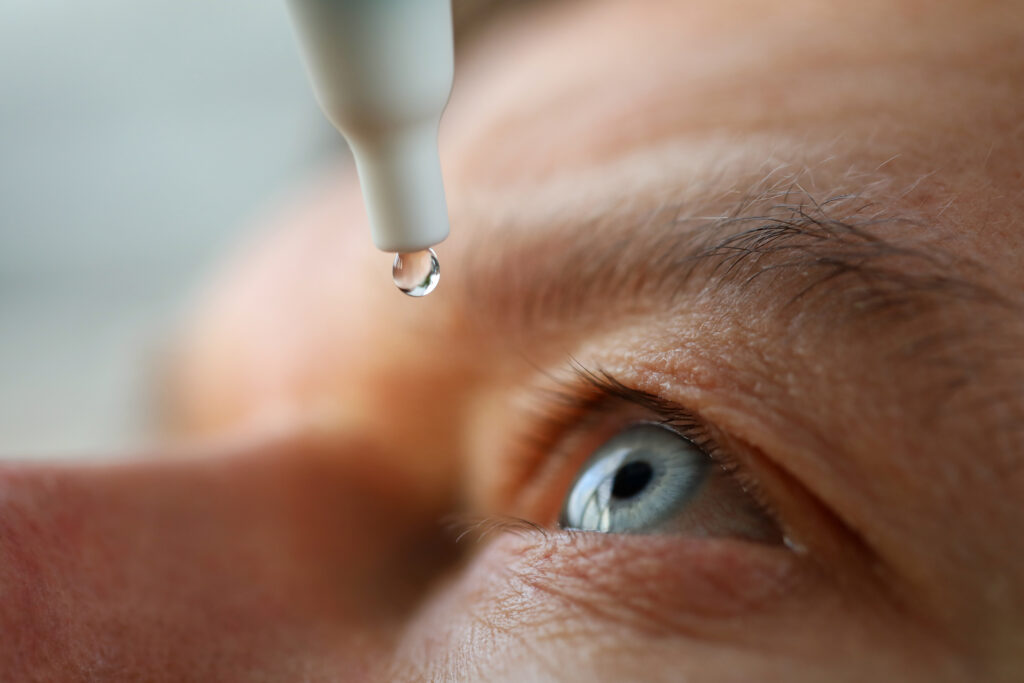Infection
Dr. Berne’s and LightEyez MSM Eye Drops Pose Vision-Threatening Infection Risk Due to Bacterial, Fungal Contamination: FDA
Following a recent outbreak of eye infections linked to contaminated eye drops earlier this year, which resulted in serious and sometimes life-threatening infections, federal regulators are now warning about bacterial and fungal contamination that have impacted two other brands of eye drops, including bottles sold under the Dr. Bernie’s and LightEyez labels.
The U.S. Food and Drug Administration (FDA) issued a Dr. Berne’s and LightEyez MSM Eye Drops warning on August 22, indicating use of the eye drops could lead to infections that threaten both the consumers vision and their lives. While the agency indicates it is not aware of any injuries linked to the eye drops, it warns they contain ingredients unapproved for use by the FDA, and could lead to serious problems.
According to the warning, the manufacturers of Dr. Berne’s eye drops have agreed to recall their product, but LightEyez has yet to respond to the FDA’s request to remove its eye drops from the market.
MSM Eye Drop Infection Risks
The FDA warning applies to Dr. Berne’s MSM Drops 5% Solution and LightEyes MSM Eye Drops; both of which use methylsulfonylmethane (MSM) as an active ingredient.
“These products are unapproved drugs and illegally marketed in the U.S.,” the FDA warns. “There are no legally marketed ophthalmic drugs that contain MSM as an active ingredient.”
The agency indicates that sampling and testing has revealed that the products contained microbial contamination and were not sterile. Bacillus bacteria and exophiala fungus were found in samples of Dr. Berne’s eye drops. LightEyez eye drops were found to contain a number of microbial contaminants, including pseudomonas, mycobacterium, mycolicbacterium and methylorubrum.
“FDA recommends consumers properly discard these products,” according to the statement, which contains a link to instructions on how to safely dispose of the eye drops. “Using contaminated eye drops could result in minor to serious vision-threatening infections, which could possibly progress to a life-threatening infection.”
Artificial Tears Eye Drop Infections
The warnings follow a massive Artificial Tears eye drops recall issued earlier this year, impacting bottles sold under the EzriCare and Delsam brands, which were linked to reports of severe eye infections nationwide, including instances where users required surgical removal of their eye ball, or experienced bloodstream infections, including at least one death.
Information about the Artificial Tears infection outbreak first surfaced in late January 2023, when the CDC identified a cluster of individuals experiencing bacterial infections after using EzriCare eye drops. This immediately led to calls for a recall, and a number of Artificial Tears lawsuits brought both by individuals diagnosed with infections, as well as consumer class action claims that seek economic damages and medical monitoring.

